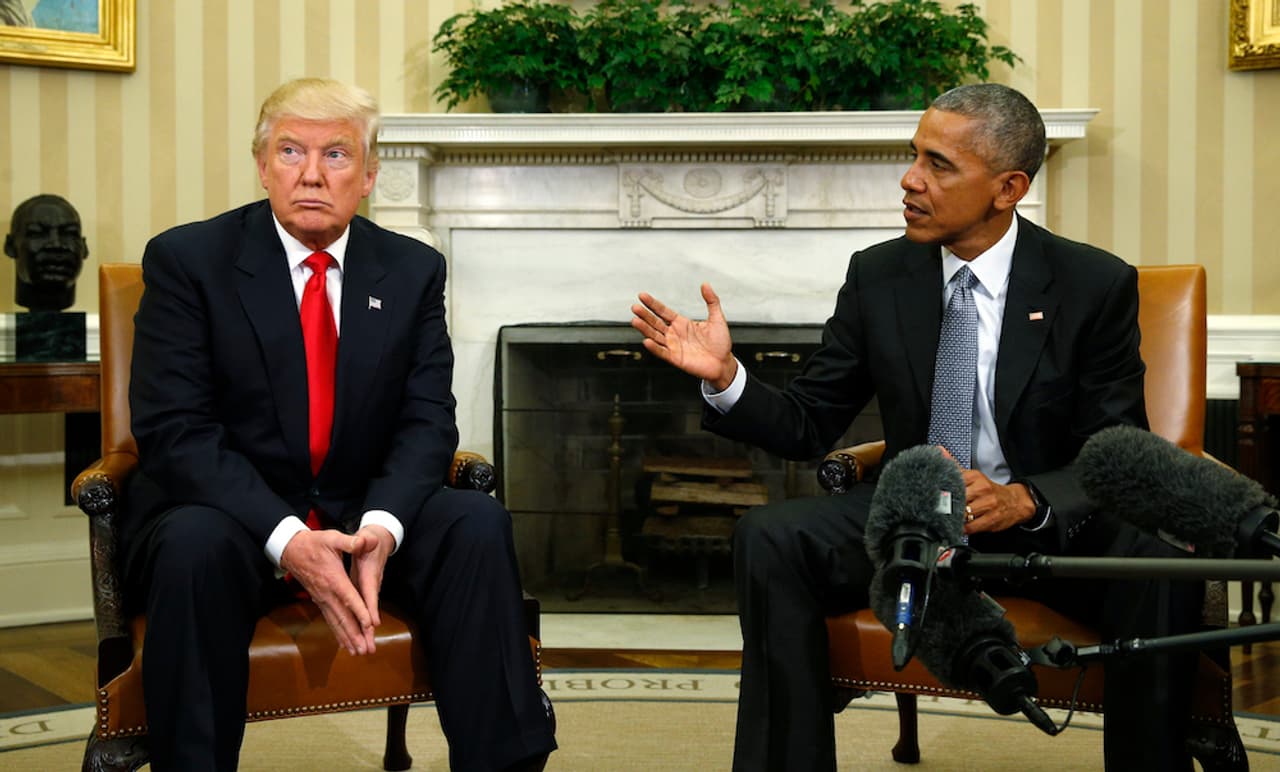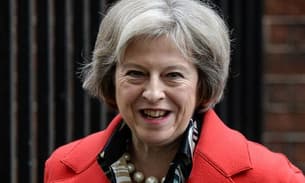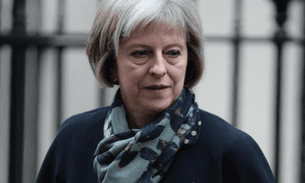
Making people stateless is ‘simply wrong’, say MPs ahead of Lords debate
Sarah Teather is among MPs who have voiced disquiet with planned expansion of citizenship-stripping
MPs from all three main political parties have told the Bureau they are deeply concerned with a clause in the Immigration Bill that will allow the Home Secretary to make terror suspects stateless.
The comments come ahead of a debate on the proposals in the House of Lords this afternoon.
Conservative MP Jacob Rees-Mogg said making people stateless is ‘a bad thing to do’, while Liberal Democrat MP Sarah Teather said it is ‘simply wrong’. Labour MP Diane Abbott said the proposals would remove ‘fundamental rights’ that depend on nationality.
The clause expands existing citizenship-stripping powers that allow the Home Secretary, Theresa May, to revoke the British nationality of those whose presence in the UK she deems ‘not conducive to the public good’. There is no formal scrutiny and no judicial approval in advance: the only current restriction is that she cannot use the powers if they will make individuals stateless.
Related story – Lawyers warn that proposed statelessness powers may be illegal
The Coalition government has used the existing powers to revoke the nationality of 24 individuals on national security grounds. The new clause was first mooted last November, weeks after the Home Secretary lost a six-year legal battle to remove the citizenship of an Iraqi-born man, Hilal al Jedda, because he would illegally be made stateless. As the Bureau reported, weeks after the Supreme Court ruling, May issued a new order stripping his citizenship for a second time.
– Sarah Teather MP
When asked about its use of citizenship-stripping powers, Home Office spokespeople have repeatedly issued the following phrase to the Bureau: ‘Those who threaten this country’s security put us all at risk. This government will take all necessary steps to protect the public.
‘Citizenship is a privilege, not a right and the Home Secretary will remove British citizenship from individuals where she feels it is conducive to the public good to do so.’
But Teather said: ‘Making people stateless is simply wrong and the government should be seeking to reduce the number of stateless individuals in the world, rather than add to it. While I accept that the Home Secretary has said that the measure will apply to only a limited number of people, that does not make it any less wrong.’
The new clause was added with little warning at the final stage of the Immigration Bill’s passage through the House of Commons, and was overwhelmingly voted through.
Abbott suggested the clause was added in haste to help crowd out an amendment by Conservative backbencher Dominic Raab that proposed banning foreign criminals from arguing that their family life should prevent their deportation. ‘It was clearly part of a half-baked collection of policies that the government used to hide the divisions in their own ranks,’ she said.
Related story – ‘My British citizenship was everything to me. Now I am nobody’
But since the Commons victory, confusion has emerged about how the law might function in practice. In parliamentary debates, May said the power would be used where individuals could acquire another nationality, adding: ‘That is the whole point.’ But Home Office officials later told a parliamentary scrutiny committee that the power ‘is not limited to those who have recourse to another nationality’.
Teather said: ‘I am worried that the new power was originally supposed to only be used in cases where the individual concerned could get citizenship of another country, but this safeguard is now gone. What [is the] possibility of the expansion of these powers further in the future?’
Ahead of today’s debate, peers have tabled a series of amendments, including a requirement for judicial approval in advance, and introducing an independent reviewer who would scrutinise how the powers are used and report to Parliament.
The parliamentary Joint Committee on Human Rights published a legislative scrutiny report that was highly critical of several aspects of the clause.
Related story – Lawmakers scathing on plans to expand citizenship-stripping powers
At present there is no routine disclosure of who is losing their citizenship and why. The Home Office declined to tell the scrutiny committee how often individuals had lost their citizenship under current laws while they were abroad, but Home Office minister James Brokenshire told a Westminster Hall debate there is ‘no particular tactic’ of revoking nationality while people are abroad.
The Bureau has identified 17 cases of citizenship-stripping under the current laws, of whom 15 were abroad at the time. In one case, Home Office officials said the department had deliberately waited until the individual had left the country.
Abbott said: ‘The government will in practice use this power almost exclusively against people when they are outside the country, owing to the difficulty in finding anywhere that will take a stateless individual who the British government have effectively named as a terror threat.’
Where an individual is made stateless while they are inside the UK, deportation would be tricky, as Scottish National Party MP Peter Wishart pointed out during the parliamentary debate. ‘Who is going to take these people? Are we going to launch them into orbit and leave them circling round the Earth as stateless people without any sort of citizenship?’
But if the Home Secretary acts when an individual is outside the country, this could breach the UK’s obligations to the country that has accepted them on the basis of their British passport, Goodwin-Gill warned. Other nations would be ‘entitled to ignore’ any UK orders that left an individual stranded and stateless on their soil, and to deport them back to the UK.
– William Rees-Mogg MP
Conservative MP Robert Buckland, a member of the scrutiny committee, said the proposals ‘could well be justified’ but that the rush meant there had not been enough scrutiny of potential consequences, particularly those relating to other nations. ‘There is a worry amongst some of the committee that we could end up in a tit-for-tat situation: if we start doing it, then other states could start doing it to us.’
He added: ‘They may well take retaliatory responses against citizens who they find to be detrimental to their safety, who happen to be in the UK and that is a genuine and practical concern. And I think the public will want reassurance for the forthcoming debate.’
MPs and the scrutiny committee criticised the lack of disclosure on how many orders are issued while individuals are abroad. Teather said: ‘This lack of transparency does not bode well for the ability of parliament and the public to monitor how and why the UK makes individuals stateless in the future.’
Others questioned whether revoking British citizenship is an adequate measure to deal with individuals who are believed to pose a serious threat. Diane Abbott said: ‘The power of the Home Secretary to remove citizenship in any instance should be abolished. We have an effective criminal justice system and giving a minister powers that undermine that system is a mistake.’
Rees-Mogg said: ‘Once you are a British citizen, you must be equal before the law in all respects. If people have committed crimes, they should be tried and put in jail… Even as a criminal sanction [making people stateless] is wrong, because it undermines the equality we have as British citizens. Surely if we believe in law and order, we believe in trial and punishment.’
Follow Alice Ross and Patrick Galey on Twitter. Sign up for email updates on the Citizenship Revoked investigation.
Homepage photo by Jim Trodel/Flickr




